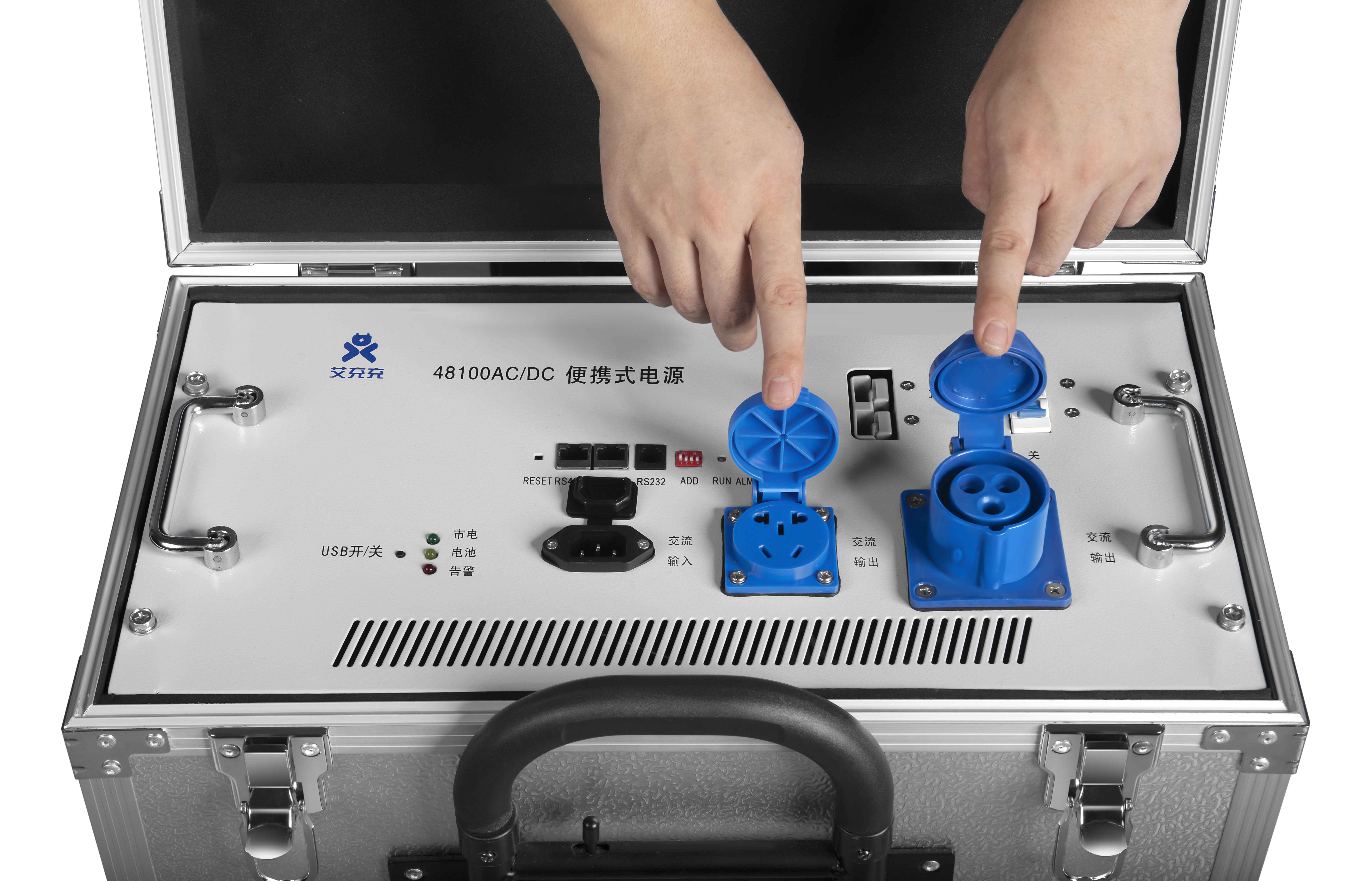
Dec . 04, 2024 07:15 Back to list
Exploring the Potential of Lithium Iron Phosphate Battery Technologies for Energy Storage Solutions
The Promise of Lithium Iron Phosphate Battery Clusters in Modern Energy Solutions
In recent years, the demand for sustainable and efficient energy storage systems has skyrocketed, propelled by advancements in electric vehicle technology, renewable energy integration, and energy storage requirements for residential and commercial applications. Among the various battery technologies, Lithium Iron Phosphate (LiFePO4) batteries have emerged as a preferred choice due to their safety, thermal stability, and long cycle life. A burgeoning area of focus within this field is the development of lithium iron phosphate battery clusters, which promise to revolutionize how we store and utilize energy.
Understanding Lithium Iron Phosphate Batteries
Lithium iron phosphate batteries are a type of lithium-ion battery that use iron phosphate as the cathode material. This chemistry offers several advantages over conventional lithium-ion batteries, including enhanced safety, improved lifespan, and greater thermal stability. These batteries can operate efficiently at higher temperatures and are less prone to overheating, making them a safe option for a wide range of applications from electric vehicles to large-scale grid storage.
The Concept of Battery Clusters
Battery clusters refer to the integration of multiple battery units into a cohesive system that operates as a single storage solution. This configuration enhances the overall performance and reliability of the battery system. In the context of lithium iron phosphate batteries, clustering allows for scaling up the energy capacity and power output without compromising safety or longevity. Such systems can be customized to meet the specific energy needs of various applications, whether it's for powering homes, businesses, or electric fleets.
Advantages of Lithium Iron Phosphate Battery Clusters
1. Scalability One of the most significant benefits of using battery clusters is scalability. Users can start with a small system and expand as their energy needs grow. This flexibility makes lithium iron phosphate battery clusters suitable for both residential and commercial applications.
lithium iron phosphate battery cluster

2. Safety and Stability Safety is a paramount concern when it comes to energy storage. LiFePO4 batteries inherently have a lower risk of thermal runaway compared to other lithium-ion chemistries. When clustered, these batteries work seamlessly together, minimizing stress on individual units and enhancing overall system stability.
3. Longevity Lithium iron phosphate batteries are known for their impressive cycle life, often exceeding 2,000 cycles at high depths of discharge. Battery clusters can leverage this characteristic to provide a longer-lasting storage solution, reducing the need for frequent replacements and lowering long-term costs.
4. Environmental Benefits With the push toward greener technologies, using lithium iron phosphate batteries aligns well with environmental goals. These batteries are less toxic and more sustainable than traditional lead-acid or nickel-cadmium batteries, making them a more eco-friendly option for energy storage.
5. Integration with Renewable Energy As the world shifts toward renewable sources like solar and wind, the demand for efficient energy storage systems grows. Lithium iron phosphate battery clusters can easily integrate with solar photovoltaic systems or wind turbines, storing excess energy generated during peak times for use during periods of low generation.
Applications of Lithium Iron Phosphate Battery Clusters
The versatility of lithium iron phosphate battery clusters makes them suitable for a wide range of applications. In the electric vehicle sector, they are increasingly adopted for their safety and efficiency. In stationary energy storage systems, they allow for grid stabilization and support renewable energy integration. Residential users can benefit from these clusters by installing them alongside solar panels, creating a reliable home energy storage system that reduces reliance on the grid.
Conclusion
As the world navigates the challenges of energy transition, lithium iron phosphate battery clusters stand out as a compelling solution to meet the growing energy demands of modern society. With their myriad benefits, these battery systems not only amplify energy storage capabilities but also do so with enhanced safety and sustainability. As technology continues to evolve, the future of energy storage powered by lithium iron phosphate can pave the way for a greener, more efficient energy landscape.
-
Advanced AI Energy Management with GPT-4 Turbo
NewsAug.02,2025
-
AI-Powered EMS with GPT-4-Turbo | Efficiency Boost
NewsAug.01,2025
-
Optimized Storage System for GPT-4-Turbo | High Performance
NewsJul.31,2025
-
AI Energy Management System w/ GPT-4 Turbo Efficiency
NewsJul.31,2025
-
High-Performance Energy Storage System for Reliable Power Solutions
NewsJul.30,2025
-
Advanced EMS Solutions for Energy Management System & Storage Battery Companies
NewsJul.29,2025























